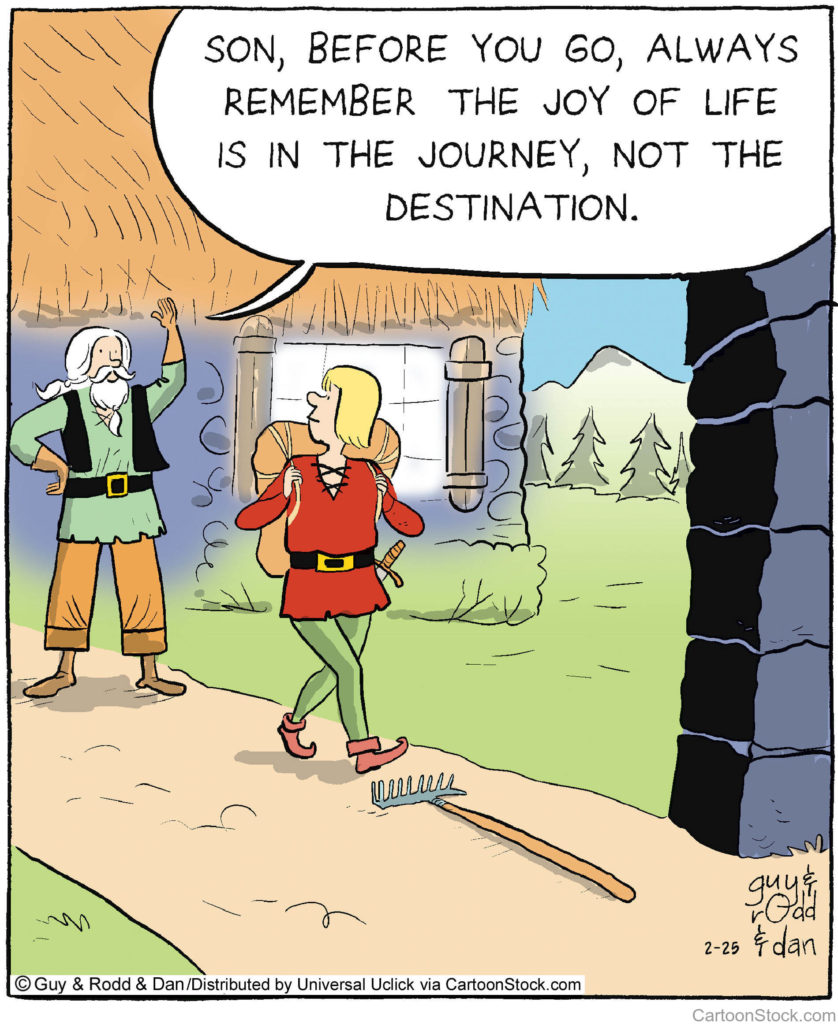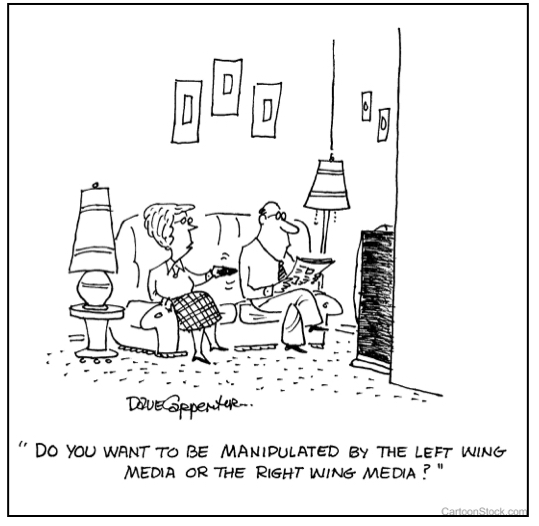 Things won are done; joy’s soul lies in the doing. Shakespeare
Things won are done; joy’s soul lies in the doing. Shakespeare
I’ve always been an advocate of goal-setting, for two reasons. Setting and achieving goals leads to progress; it makes us effective. If you aim at nothing you will always hit it. People who don’t set goals often just meander through life. Their lives resemble the movement of a ball in a pinball machine—randomly ricocheting from one stop to another and then finally dropping out of sight.
Another benefit of setting and working toward goals is that the process we go through to accomplish goals gives our lives meaning.
Psychologist Richard Davidson identifies “pre-goal attainment positive affect” which is the pleasurable feeling you get as you make progress toward a goal, and “post-goal attainment positive affect” which comes once you have achieved your goal. The feeling of the latter is contentment, but it is fleeting and short-lived. The feeling of the former is progress and it can be consistent and longer lasting.
In his must-read book The Happiness Hypothesis, Jonathan Haidt writes, “Set for yourself any goal you want. Most of the pleasure will be had along the way, with every step that takes you closer. The final moment of success is often no more trilling than the relief of taking off a heavy backpack at the end of a long hike. We can call this ‘the progress principle’: Pleasure comes more from making progress toward goals than from achieving them” (page 84).
The pleasure and happiness derived from the journey can be enjoyed even if the goal is mundane and even insignificant. For instance, I’m finding great joy in planting a small vineyard in East Texas. It will never be financially rewarding and the wine will not be notable (it’s difficult to produce great wine in North Texas), but I have thoroughly enjoyed planning the project and making it happen. Three years from now, when I bottle my first vintage, I’m sure we’ll celebrate, but the consistent joy will have been in the journey. [I started the vineyard in March of 2018. See below for pictures taken July 2018.]
Interestingly, the journey can be rewarding even if you don’t achieve the goal. I’ve read about entrepreneurial startups that did not work but provided an enjoyable and beneficial experience for those who were involved in the process.
So, I ask my readers: What are you working on? What goals are you pursuing? Enjoy the journey.
[reminder]What are your thoughts about this essay?[/reminder]






 Culture is the sum of the values, beliefs, and norms of behavior of a group of people.
Culture is the sum of the values, beliefs, and norms of behavior of a group of people. I am a Stoic by nature and by choice. I choose to view life, primarily, through the lens of rationality instead of emotionality. When reflecting on any given moment in time I am comfortable with the phrase “it is what it is.” So I seldom weep.
I am a Stoic by nature and by choice. I choose to view life, primarily, through the lens of rationality instead of emotionality. When reflecting on any given moment in time I am comfortable with the phrase “it is what it is.” So I seldom weep. My granddaughter, Marin, recently graduated from high school. At her commencement I heard the following story. I’m not sure what to think of it. What do you think?
My granddaughter, Marin, recently graduated from high school. At her commencement I heard the following story. I’m not sure what to think of it. What do you think?